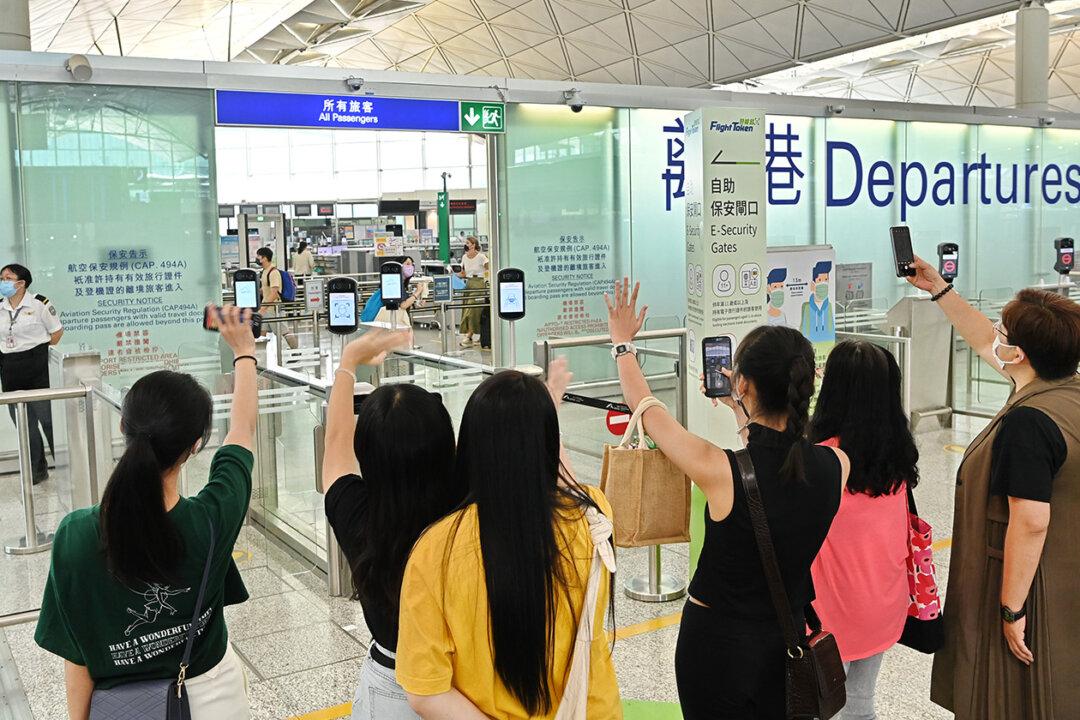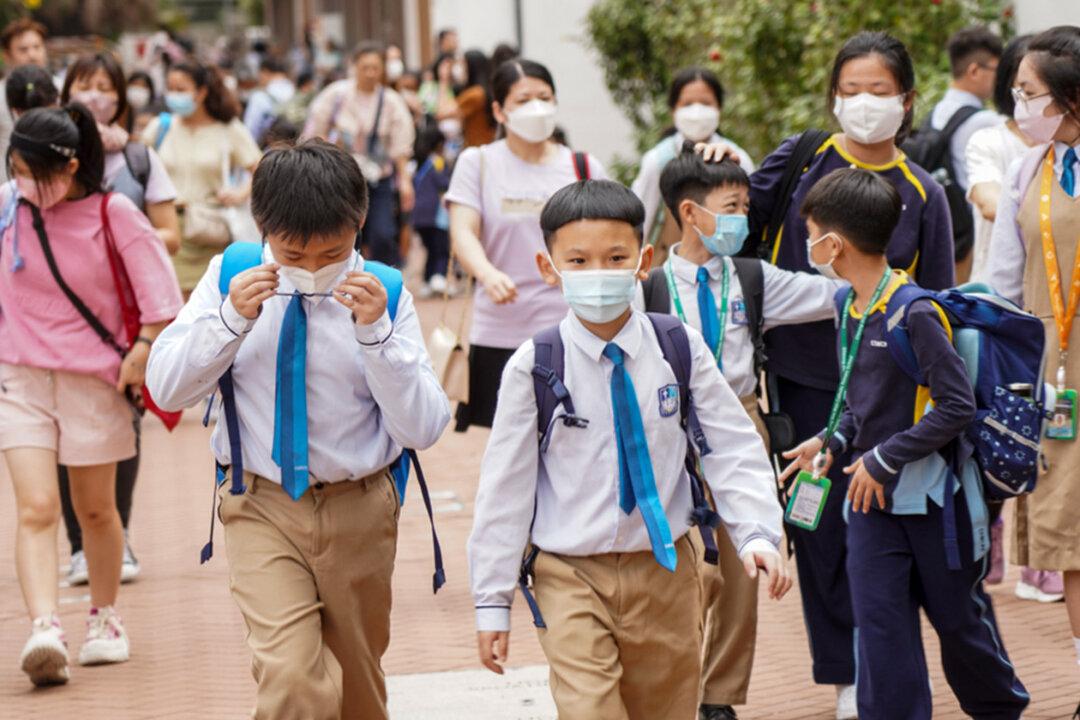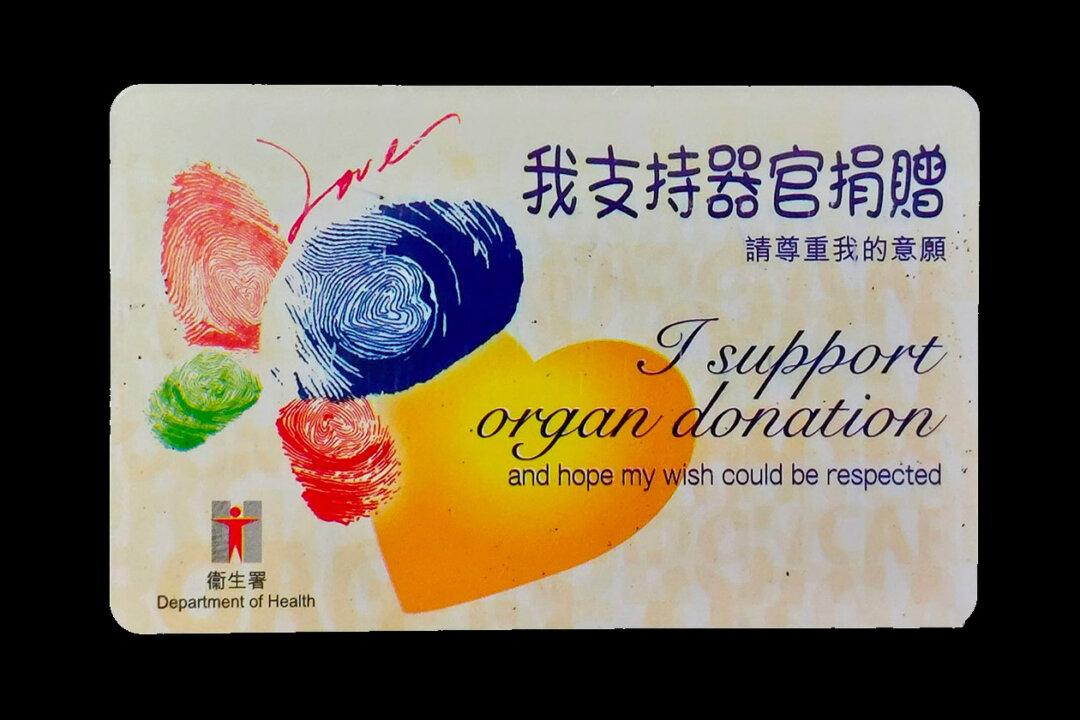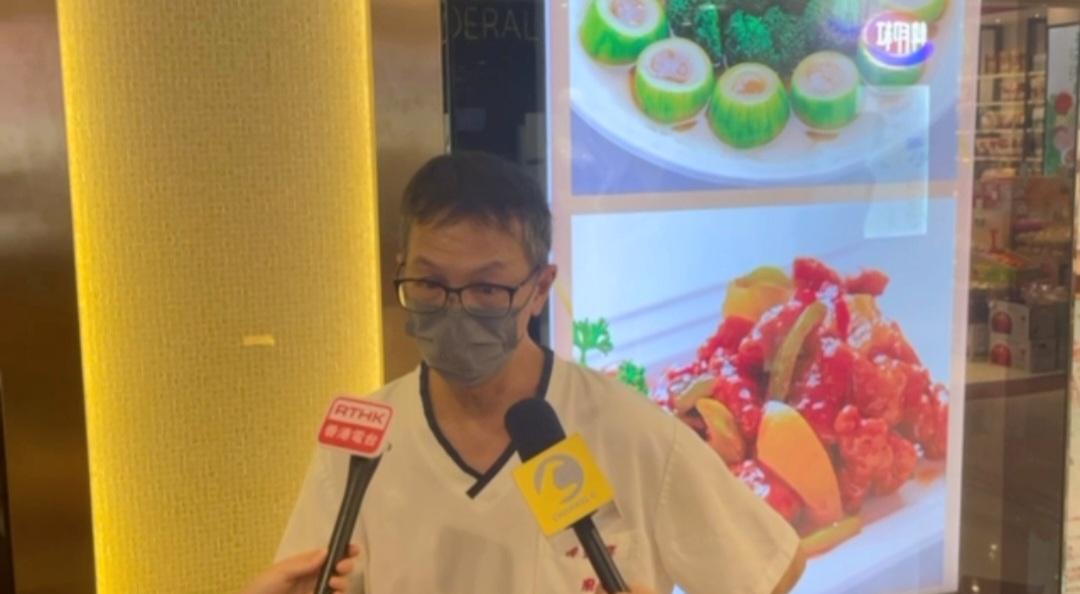Hong Kong’s population dropped to 7.29 million this year after a “net outflow” of over 110,000.
However, a recent poll by Hong Kong Public Opinion Research Institute announced that, compared with the March survey, fewer people planned to leave and more intended to stay.




